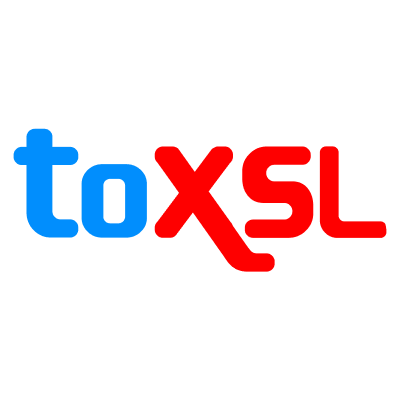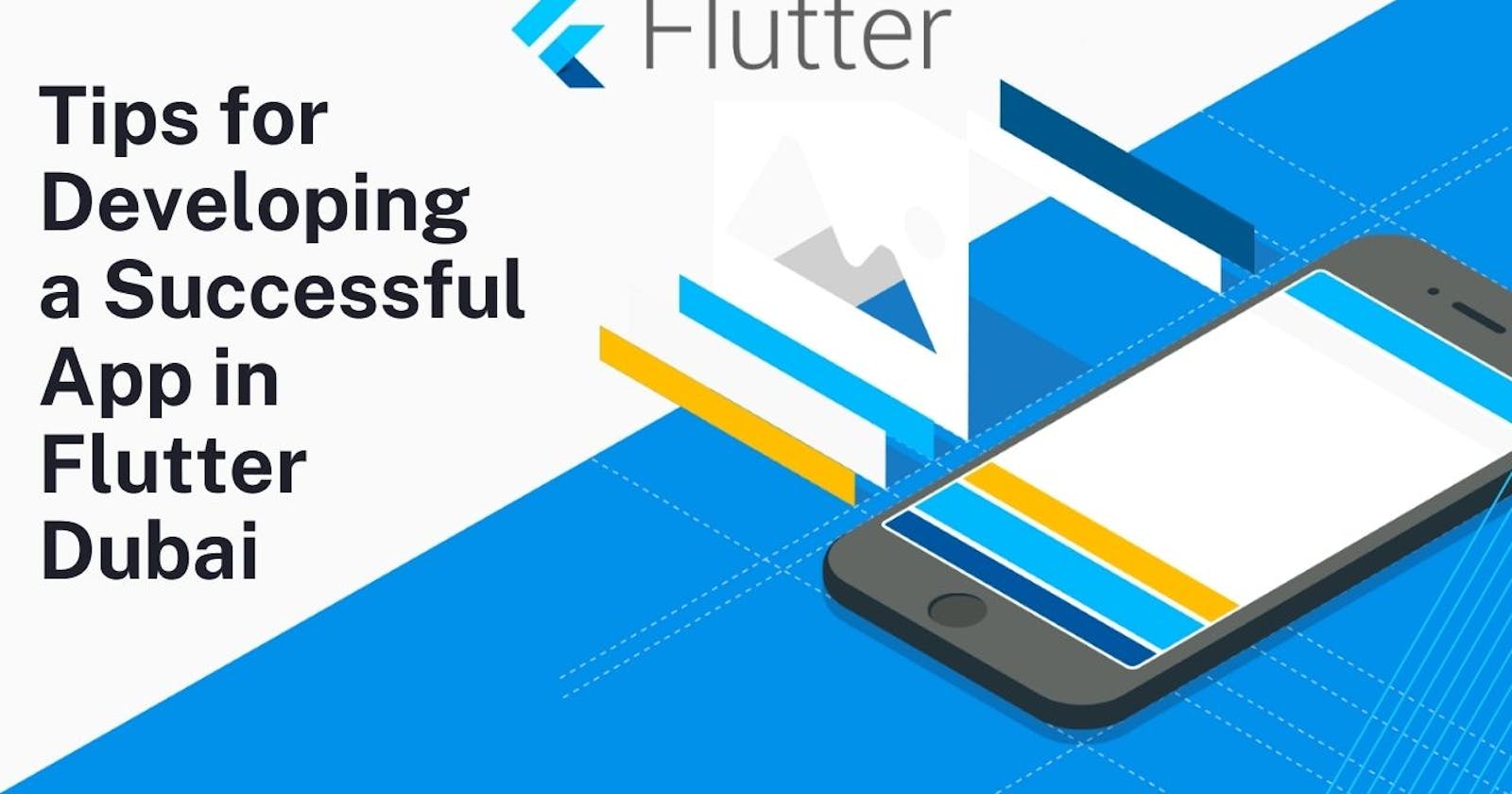Flutter, an open-source UI software development kit created by Google, has revolutionized how developers build applications. Its versatility, efficiency, and cross-platform capabilities have made it a popular choice among developers worldwide. Regarding mobile app development in Dubai, Flutter is gaining significant traction due to its ability to streamline development and deliver high-quality, feature-rich applications.
Understanding App Development in Dubai
Dubai, known for its booming tech industry and innovative initiatives, has become a hub for app development. With a growing demand for mobile applications across various sectors, businesses constantly seek efficient solutions to meet their digital needs. Flutter, especially championed by developers from ToXSL Technologies, has emerged as a preferred framework in Dubai due to its ability to deliver native-like performance across multiple platforms, thereby saving developers time and resources.
Key Tips for Developing a Successful App in Flutter
Developing a successful app in Flutter requires careful planning and execution. Here are some key tips to keep in mind:
Market research and audience analysis: Conducting thorough market research and analyzing the target audience is crucial before embarking on the development process. Understanding user preferences, pain points, and market trends will help in creating an app that resonates with the target demographic.
Planning and setting clear objectives: Define clear objectives and goals for your app. Whether it's increasing brand awareness, driving sales, or providing a solution to a specific problem, having a clear roadmap will guide the development process and ensure that the final product meets the desired outcomes.
Designing a user-friendly interface: User experience plays a critical role in the success of any app. Design a visually appealing and intuitive user interface that makes navigation seamless and enhances user engagement. Pay attention to color schemes, typography, and interactive elements to create a delightful user experience.
Implementing robust functionality: Invest time in developing robust functionality that meets the needs of your target audience. Whether it's integrating third-party APIs, implementing payment gateways, or adding social media features, ensure that your app offers value-added functionalities that set it apart from the competition.
Testing and quality assurance: Thorough testing is essential to identify and rectify bugs or issues before launching the app. Extensive testing across various devices and platforms is conducted to ensure compatibility and performance optimization. A robust quality assurance process will help deliver a seamless user experience.
Launching and marketing strategies: A well-planned launch and marketing strategy are crucial for your app's success. Create buzz around your app through strategic marketing campaigns, influencer partnerships, and app store optimization techniques. Leverage social media platforms and online communities to reach your target audience and drive downloads.
Features of Flutter for App Development
Flutter offers a plethora of features that make it an ideal choice for app development:
Hot Reload for faster development: With Flutter's Hot Reload feature, developers can make changes to the code and see the results instantly, thereby speeding up the development process and enhancing productivity.
Rich set of customizable widgets: Flutter has a rich set of pre-built widgets that can be customized to suit your app's specific requirements. Flutter app development company provides a versatile toolkit for building beautiful user interfaces, from buttons and text fields to complex layouts and animations.
Native performance across platforms: Flutter delivers native-like performance across multiple platforms, ensuring smooth animations, fast rendering, and excellent performance, regardless of the device or operating system.
Access to native features and APIs: Flutter allows developers to access the underlying platform's native features and APIs, enabling seamless integration of device-specific functionalities such as cameras, location services, and sensors.
Excellent documentation and community support: Flutter boasts comprehensive documentation and a vibrant community of developers who actively contribute to its growth and development. Whether you're a seasoned developer or a beginner, you'll find ample resources and support to help you succeed with Flutter.
Benefits of Using Flutter for App Development
There are numerous benefits to using Flutter for app development:
Faster development time: Flutter's Hot Reload feature and reusable UI components significantly reduce development time, allowing developers to build and iterate on their apps quickly.
Cost-effective solution: Flutter helps businesses save time and resources by enabling developers to create apps for multiple platforms using a single codebase. This makes it a cost-effective solution for app development.
Single codebase for multiple platforms: With Flutter, developers can write code once and deploy it across multiple platforms, including iOS, Android, web, and desktop, eliminating the need to maintain separate codebases for each platform.
Enhanced performance and stability: Flutter's layered architecture and native compilation ensure high performance and stability, resulting in smooth animations, fast rendering, and responsive user interfaces.
Seamless integration with existing systems: Flutter seamlessly integrates with existing systems and technologies, allowing businesses to leverage their investments in backend infrastructure and third-party services.
Functions in Flutter App Development
Flutter offers a wide range of functions that empower developers to build robust and feature-rich applications:
Stateful and stateless widgets: Flutter widgets can be classified into two main categories: stateful and stateless. Stateful widgets maintain state information that can change over time, while stateless widgets are immutable and do not change once built.
Asynchronous programming: Flutter supports asynchronous programming, allowing developers to perform time-consuming tasks such as network requests and file I/O operations without blocking the main thread.
Navigation and routing: Flutter provides a powerful navigation and routing system that allows users to navigate between screens and manage the app's navigation stack effectively.
Data persistence and storage: Flutter offers various options for data persistence and storage, including local storage, SQLite databases, and cloud-based solutions, enabling developers to store and retrieve data efficiently.
Networking and API integration: Flutter provides APIs for making HTTP requests and interacting with RESTful APIs, making integrating external services and fetching data from remote servers easy.
Conclusion
Developing a successful app in Flutter requires careful planning, execution, and attention to detail. By following the key tips outlined in this article and leveraging Flutter's features and functions, developers, especially from ToXSL Technologies, can create high-quality, feature-rich applications that meet the needs of their target audience and stand out in the competitive app market.
FAQs
What makes Flutter a preferred choice for app development in Dubai? Flutter's cross-platform capabilities, native performance, and robust features make it an ideal choice for app development in Dubai, where businesses seek efficient solutions to meet digital needs.
How can market research impact the success of an app developed in Flutter? Conducting thorough market research helps developers understand user preferences, identify market trends, and tailor their app to meet the needs of their target audience, ultimately increasing its chances of success.
Is Flutter suitable for both Android and iOS app development? Yes, Flutter allows developers to write code once and deploy it across multiple platforms, including Android and iOS, making it a cost-effective solution for cross-platform app development.
Can I use Flutter to integrate complex functionalities into my app? Yes, Flutter provides access to native features and APIs, allowing developers to seamlessly integrate complex functionalities such as cameras, location services, and sensors into their apps.
How important is it to test the app thoroughly before launch? Thorough testing is essential to identify and rectify any bugs or issues before launching the app. Conducting extensive testing across various devices and platforms ensures compatibility, performance optimization, and a seamless user experience.

